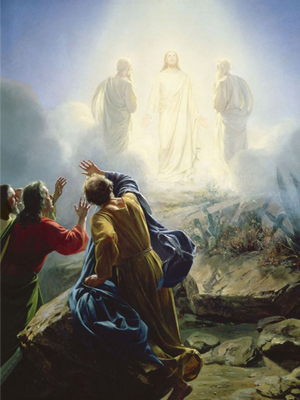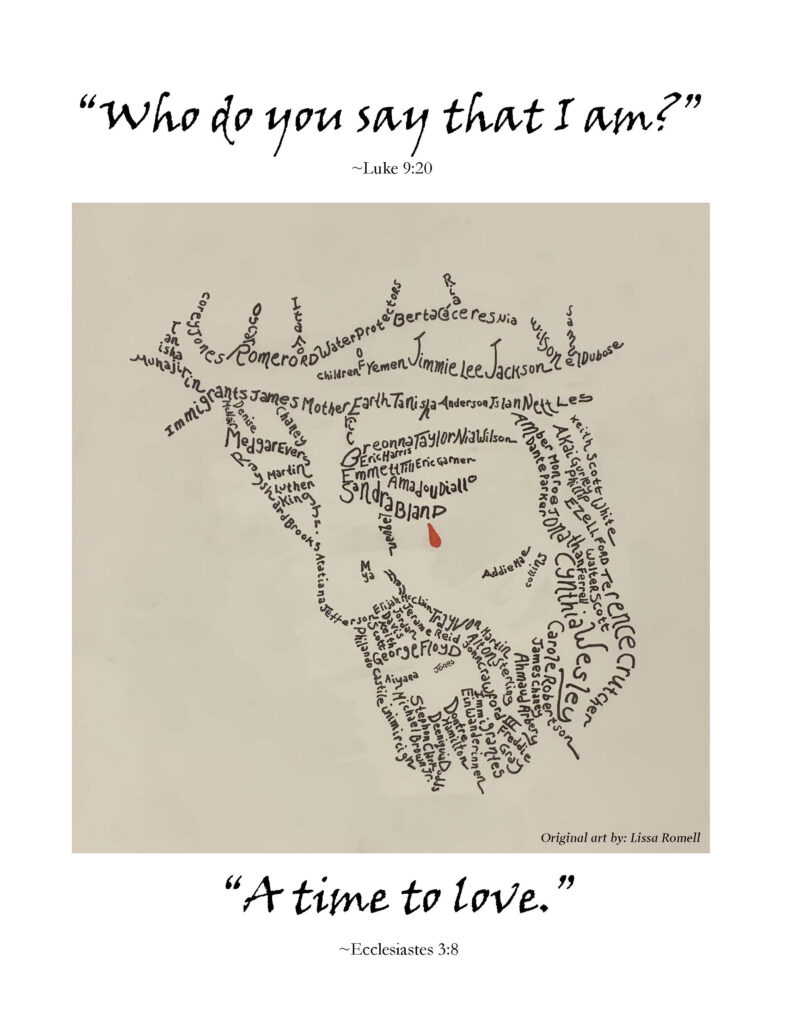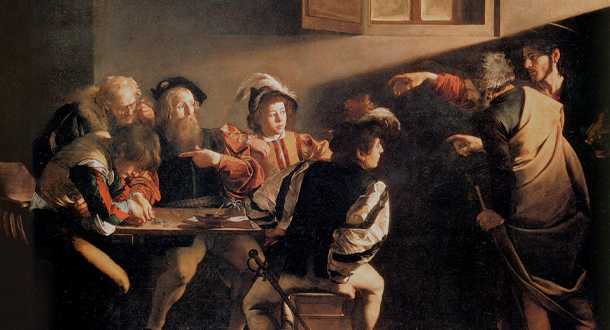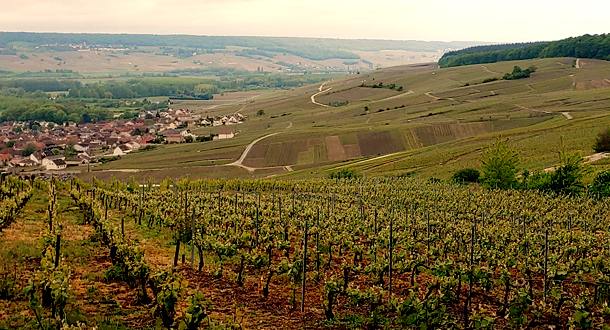
Scripture:
Ecclesiastes 11:9-12:8
Luke 9:43b-45
Reflection:
Jesus has just come down the mountain after the Transfiguration experience. He encounters a man whose son is afflicted with epilepsy, which the disciples were not able to heal. Jesus heals the young man. Then Jesus makes His second passion prediction. In this prediction, Jesus mentions being “handed over.” This is a reference to Judas’ betrayal. The more Jesus reveals Himself to His disciples the quieter they become. They are beginning to realize the implications of Jesus’ mission and their discipleship. Only after the resurrection will the disciples understand the total implications of His death on the cross.
Some say the purpose of the Transfiguration was to give Jesus the courage He needed to face his sufferings and passion. Others say the Transfiguration was for the sake of the disciples to follow Jesus into His sufferings and death. Slowly the disciples will realize that discipleship means giving up one’s own ambitions and taking on the demands of faithfulness to Jesus and the demands of the Reign of God.
There are times in our own life when life is bleak and we need hope to continue. In Betty Smith’s A Tree Grows in Brooklyn, the daughter, Frances has just given birth to her baby. She asks her mother why bring children into a world filled with poverty and pain. The mother responds: “Things will get better. In Austria, everyone worked twenty-four hours a day for a landowner. At the end of the day, you still owned nothing. In America, one works twelve hours a day. You get a check for your family. You can hope to own your own home. First, you must nail a star bank in the darkest corner of a closet. When you shop, select a defective head of lettuce, or a bunch of carrots. Ask the manager for a discount. Put that saving in the star bank. When it is cold, instead of turning up the heat, wrap a shawl around your shoulder, and you will save on the cost of electricity/coal. Put that saving into the star bank. Eventually, you will have enough to own your own home. When you own your own home ‘you are nobility.'” John Hassler, in his book, North of Hope, which is set in Minnesota, a character is very despondent and says: “Hope doesn’t come this far north!” “Christina, hope has no limitation.” The Transfiguration gives all Christians the power to be the presence of hope wherever God places us.
Fr. Ken O’Malley, C.P., is a member of the Passionist Community at Sacred Heart Monastery in Louisville, Kentucky.







